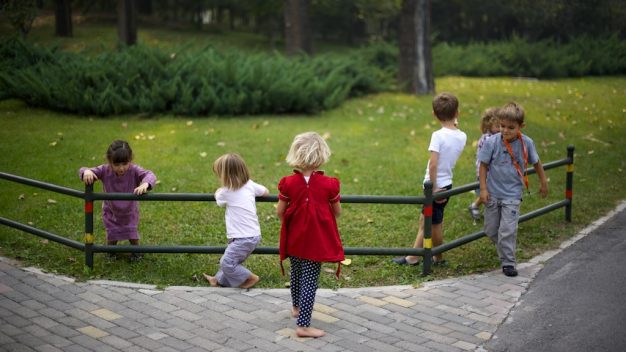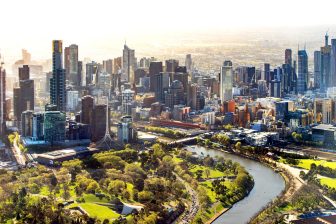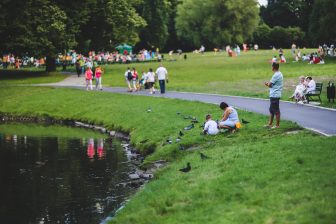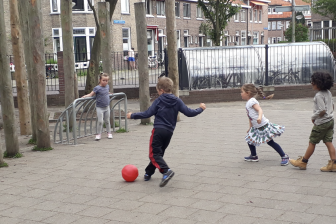
Salzburg series on children in parks
A high level international seminar series is focusing its current programme on the issue of children’s access to green space. Adrian Voce reports.
The Salzburg Global Seminar series is holding a 5-day programme, which began on 18 March, on children’s health, parks and play. Borrowing the title of the biennial Child in the City conference (which is not involved), and featuring the author Richard Louv as a guest speaker, the Salzburg programme of invited policymakers, academics and professionals from different relevant fields will address key questions about children’s access to urban green space, including:
- How can parks and protected areas better meet the needs of, and be accessible for, all children – including the most vulnerable, marginalized and underserved – enabling and encouraging them to play, create and find joy in nature?
- How might parks and protected areas be more effectively designed to create understanding and a sense of community among diverse populations, with different cultures, languages and experiences, to promote democracy, equality, and social resiliency?
- How can the benefits of public green spaces be maximized for the physical, mental and social health and well-being of children and, by extension, families and community?
The promotional literature for the event says: ‘The world is becoming increasingly, rapidly, urbanised, with nearly 70% of the world’s population expected to live in urban centers by 2050. Over 1 billion children already live in cities, where new births are increasingly concentrated…
Growing evidence
A growing body of evidence suggests that personal experience of nature in childhood is essential to generate a lifelong sense of connectivity and stewardship for the world’s environment and resources. Urban parks and green spaces also play a critical role in promoting climate resilience – a role that will be increasingly important as cities continue to expand.
Healthy place-making is a powerful lever for healthy and creative communities. Child-friendly design, infrastructure and investments will not only help young children thrive in cities but also benefit families, carers and business. Access and safety are fundamental to this end. People need viable walking and public transportation options to reach nature, urban parks and other green spaces. Holistic strategies can revitalize cities, children, and health by prioritising, designing, planning and investing in natural and cultural public spaces as the building blocks for cohesive communities.
The Child in the City is the third session of the Parks for the Planet Forum, a platform for transformative leadership and action launched by Salzburg Global Seminar with the International Union for Conservation of Nature (IUCN). It will take forward outcomes from the Forum’s inaugural 2015 session on Nature, Health and a New Urban Generation. Participants will take an imaginative approach, looking through the eyes of young children, to develop new collaborations that can benefit individuals, families and long-term social, economic and environmental resilience’
Adrian Voce
Photo: zherun
For more information about the Salzburg Global Seminar event, The Child in the City, click here




